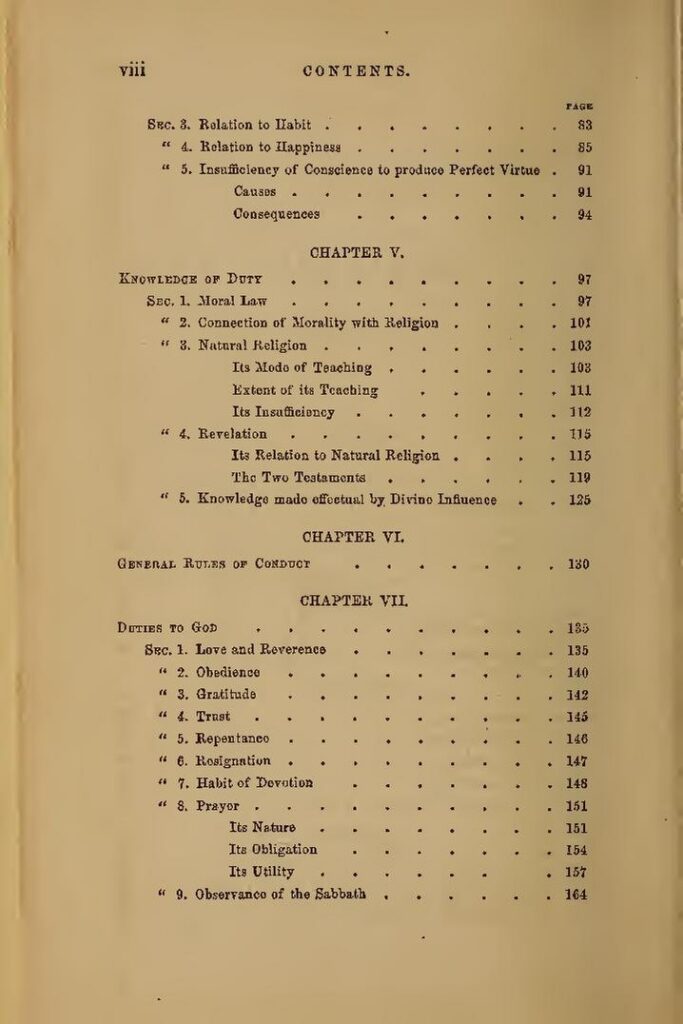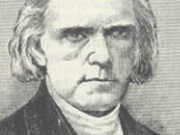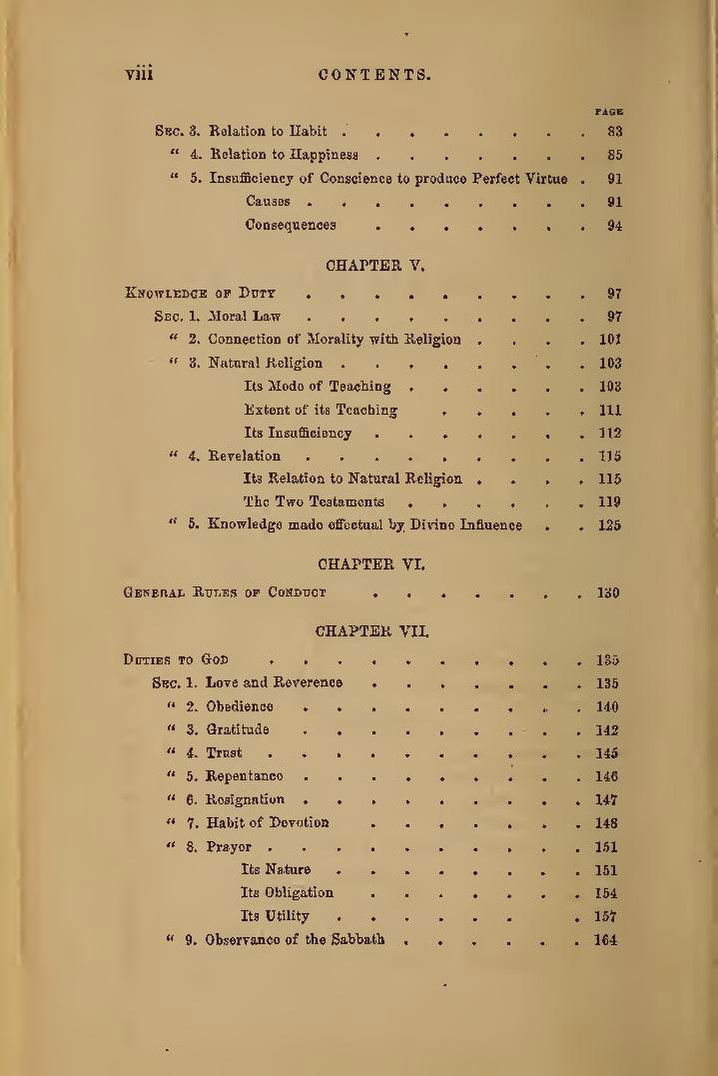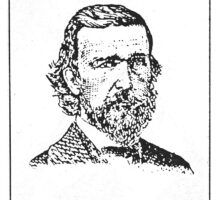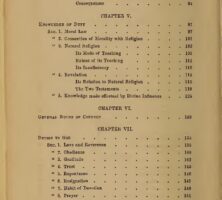Author, educator, and Baptist clergyman John Leadley Dagg spent the latter part of his career in Georgia, including twelve years as a professor of theology and then president of Mercer University in the 1840s and 1850s. His influential books on theology and ethics established his reputation as the country’s first systematic Baptist theologian.
Dagg was born near Middleburg, Virginia, on February 13, 1794. He received limited formal education, attending school from 1803 to 1810. In 1817 he married Fanny H. Thornton, with whom he had four children. In 1832 he married Mary Young Davis; they had one child.
After beginning his career as a Baptist pastor and teacher in northern Virginia, Dagg served from 1825 to 1834 as the minister of a prominent Philadelphia church, despite being lame and almost blind. After he lost his voice as well, he resigned his pulpit and became president and professor at Haddington Literary and Theological Institute, near Philadelphia (1834-36), and then at Alabama Female Athenaeum, Tuscaloosa, Alabama. (1836-44). In 1843 the University of Alabama awarded him an honorary doctorate of divinity.
As an educator and theologian, Dagg is best known for his work in Georgia between 1844 and 1870. From 1844 to 1856 he was on the faculty of Mercer University, then located in Penfield, as professor of theology and later president of the college. Under his leadership four brick buildings were constructed; the student body almost tripled, to a total of 181; and a three-year program leading to the bachelor of divinity degree was established, with three full-time professors.
His greatest contribution to Baptist life came after his retirement in 1856, when he lived successively in Cuthbert, Madison, and Forsyth with his clergyman son, John Francis Dagg. He prepared A Manual of Theology (1857), A Treatise on Church Order (1858), The Elements of Moral Science (1859), and The Evidences of Christianity (1869). His reputation as a theologian and ethicist rests on these four works. All were used as textbooks and enjoyed wide circulation and commendation into the twentieth century. The first two are still in print.
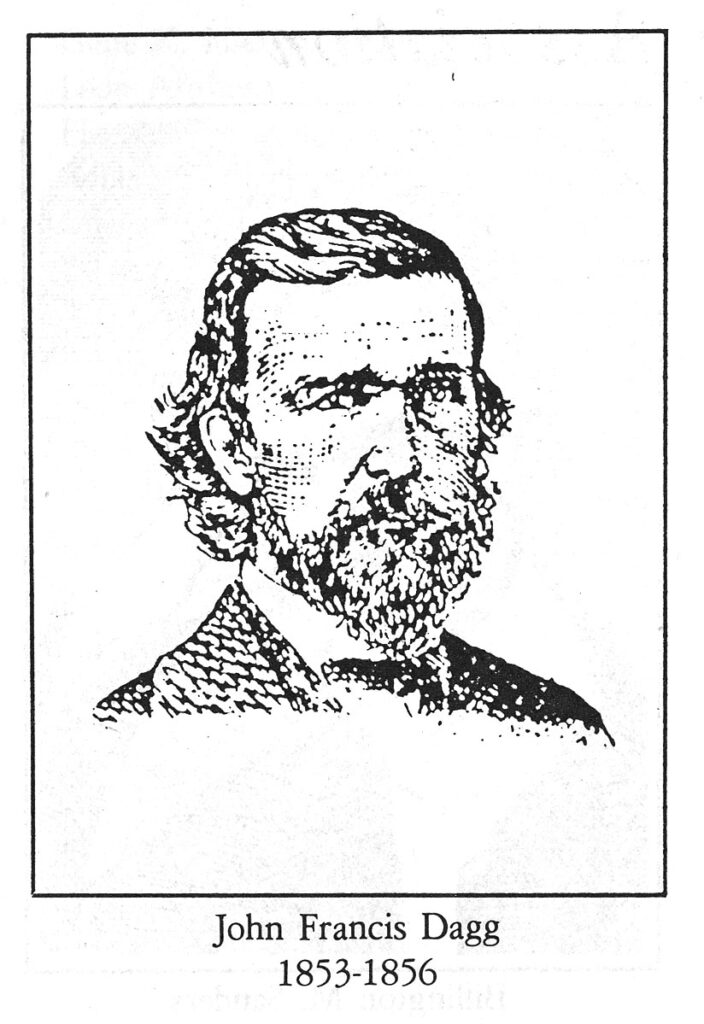
In 1870 Dagg moved to Alabama, where he lived with a married daughter. He died on June 11, 1884, in Hayneville, Alabama. He is buried there in a grave approximately located and marked in 1957 by the Georgia Baptist Convention.
Dagg is perhaps the most representative theological figure among antebellum Baptists in the United States. To his contemporaries he was “the venerable Dr. Dagg,” a man of intellect and piety, of honesty and integrity, of clarity in thought and discourse. His gentleness and courtesy were frequently noted. One person wrote: “If there ever was a great man who did not know it, or knowing, cared not for it, that man is Dr. Dagg.”
